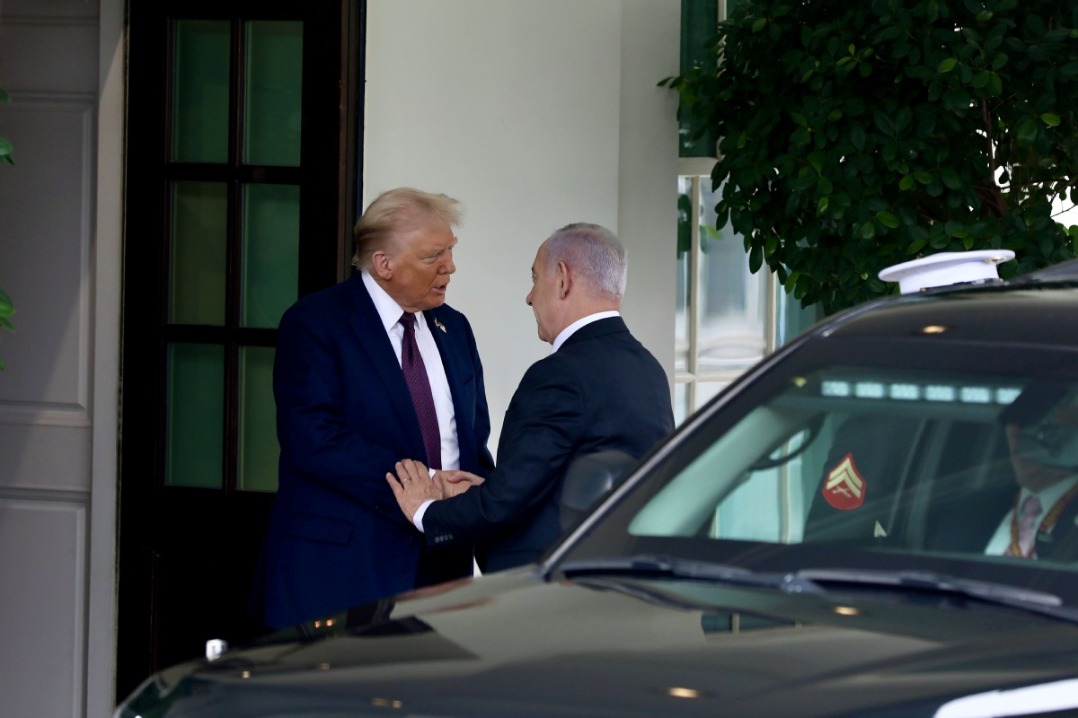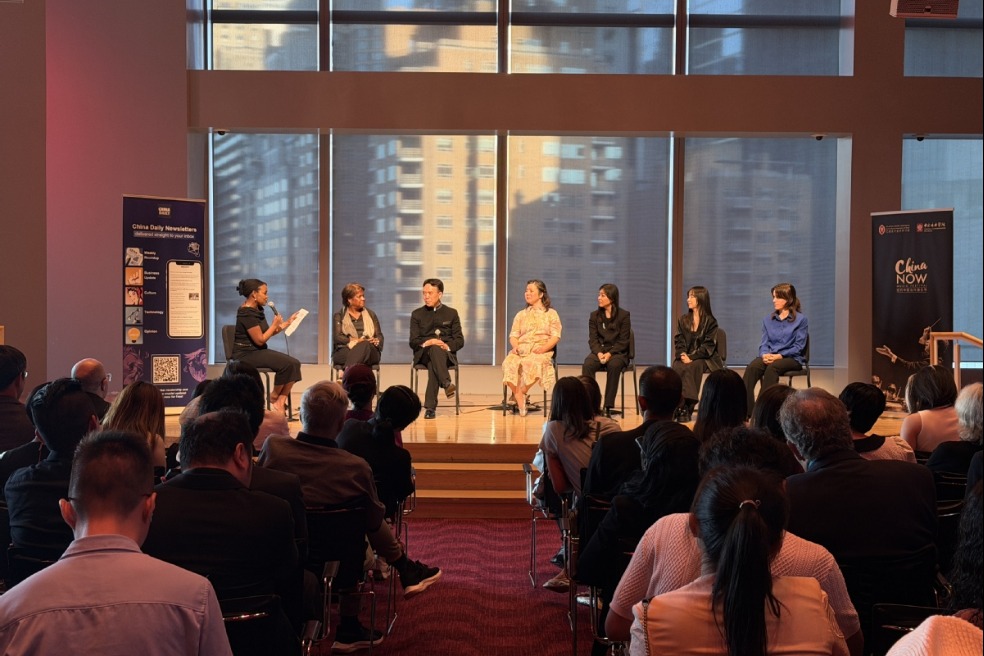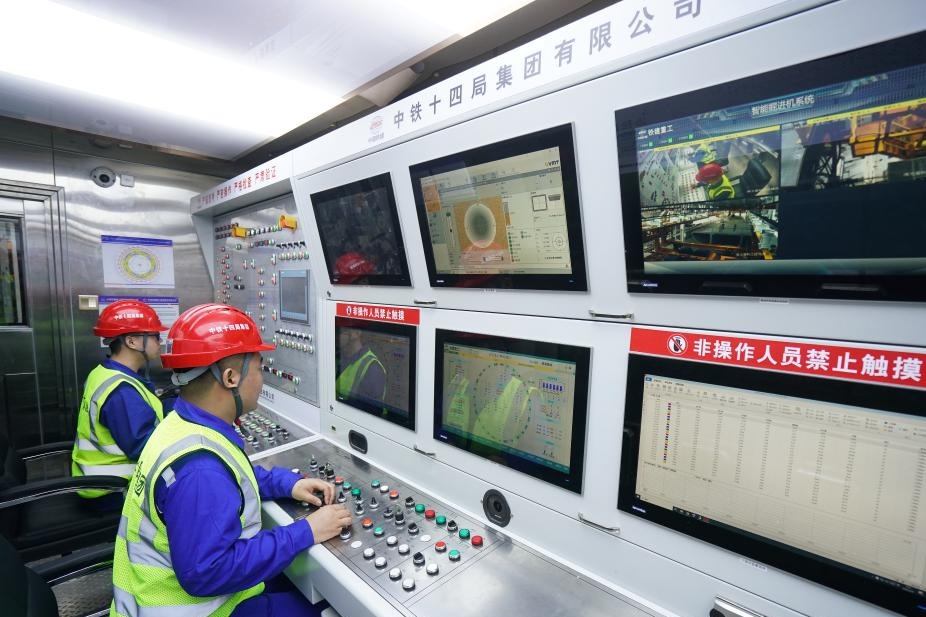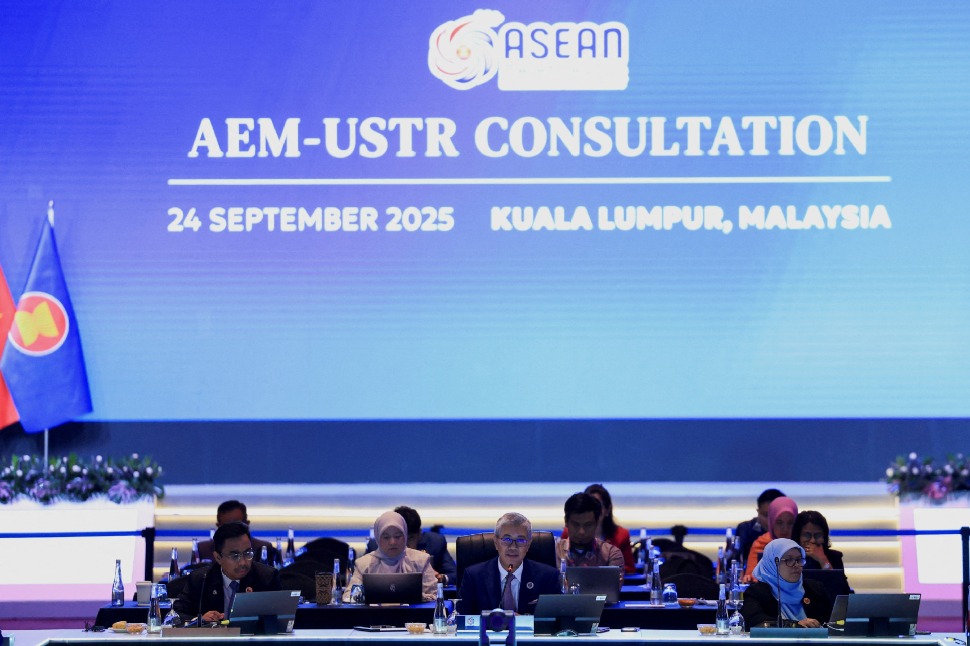EPC summit highlights divisions over Ukraine's EU membership

OSLO -- European leaders convened in Copenhagen, Denmark, on Thursday for the seventh meeting of the European Political Community (EPC), with Ukraine's prospects for future ties with the European Union (EU) high on the agenda.
Hosting the summit, Danish Prime Minister Mette Frederiksen underscored Europe's security challenges, saying the continent must become strong enough to make war "unthinkable."
Ukrainian President Volodymyr Zelensky said his country is ready to open the first cluster of EU accession negotiations, arguing that such progress would strengthen Europe's overall security.
However, Hungarian Prime Minister Viktor Orban reiterated his opposition, telling reporters that Ukraine's full membership in the EU was unacceptable. "Membership would bring the war into the EU, and EU money would go to Ukraine. That is too much," he said, adding that a strategic partnership on economic, energy and security issues would be acceptable.
Before Denmark assumed the rotating EU presidency on July 1, Copenhagen signaled its intention to push forward accession talks with Ukraine, including the opening of negotiation clusters. But Hungary's objections have raised doubts about how much progress can be achieved during Denmark's presidency.
The Copenhagen summit brought together around 50 leaders from both EU and non-EU countries under the EPC framework, with discussions focused on European security and hybrid threats.
Launched in 2022, the EPC serves as a platform for informal political and strategic dialogue to strengthen security, stability and prosperity across the European continent.

































